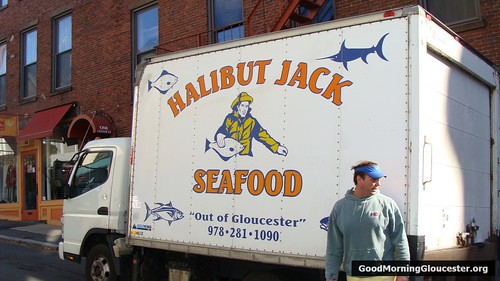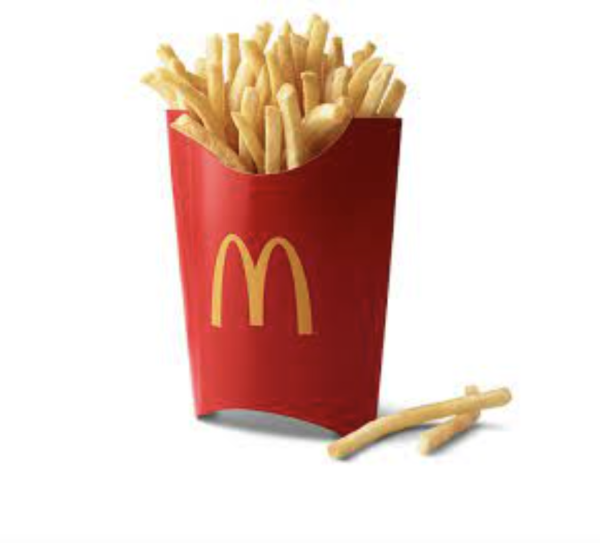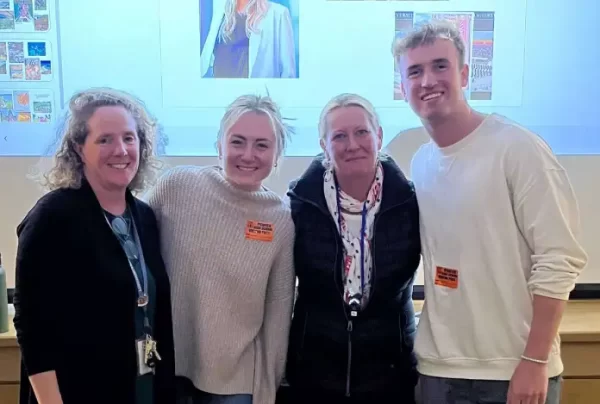How the Government is Ruining the Once Proud Fishing Industry
May 20, 2019

The fishing industry has been apart of New England, and especially Cape Ann, since its inception nearly 400 years ago. With Gloucester being one of the biggest fishing ports in the country, as well as Essex and Ipswich being massive shellfish communities. However, due to governmental restrictions, the fishing industry has suffered and has decreased dramatically. We have interviewed two people who have been involved with fishing/lobstering and its organizations and laws for most of their lives: Tye Wallis and my dad, Jack Jack Anderson.
“The Gloucester Harbor was almost completely full with boats for centuries up until the last twenty to twenty five years. Now it’s in shambles of what it used to be,” Jack Anderson says. Being a person who has been working in the fish industry since the 80’s, first as a boat hand, then as a lumper, and for the last twenty years, a small business owner of the fish distribution company “Halibut Jack Seafood,” he believes that government legislation and protection agencies have gone too far with their regulations. “Was there over-fishing and some other shady things going on?’ Yes, there was; I saw it first hand. Putting in these acts and protection agencies were needed, but there is a reason you see bumper stickers around here saying: ‘NOAA: Ruining fishing families since 1979.”
The National Oceanic and Atmospheric Administration as well as similar agencies, look to be a friend to the environment and protecting the lives and quality of being for animals. They are necessary for the health of the environment as well as the fishing industry itself because of how important it is. Many scientists say that the world’s fish population had decreased 90% of what it had been since 1800. Many species had become extinct or have become very close to becoming extinct. Wildlife protection agencies came to be at the beginning as well as the end of the 20th century. Due to their work, many species have survived and rebounded to improve and survive to avoid extinction.
To make species rebound, the government has to put legislation into regulations and rules for people to follow. Some of them are seen as necessary. “Having to throw female lobsters that are carrying eggs back into the water so it can help regrow the population is very helpful,” says Tye Wallis. Tye has been lobstering for several years, but his family had been lobstering for decades. “My dad has been lobstering since he was around my age and it is a really fun type of bonding activity that just brings the boys together.” The fishing industry is about making money, but all of the regulations are limiting their ability to do that.
Jack, who has been seeing the amounts of fish that have been imported previously in Gloucester, and now going down to Boston every day, holds the opinion of many in the business saying that, “The regulations have gone too far. The US and Canada have really been under scrutiny for their involvement in over-fishing in this time period. There was over-fishing but what they put on for regulations in response is ridiculous. Those two countries are not as big of the problem as everyone thinks. Most of the problem is these black market Asian countries that are killing fish for fins and getting rid of the rest of the body. There are rules that are in place that work effectively that is a happy medium, but others are just impossible to follow to make a decent living,” Mr. Anderson says.
Almost all countries in the world eat at least some type of fish. The fishing industry is very important and reaches a lot of people. The protection agencies who serve the oceans are very important but can be over powerful and can make lives for the people involved in the industry very hard.







